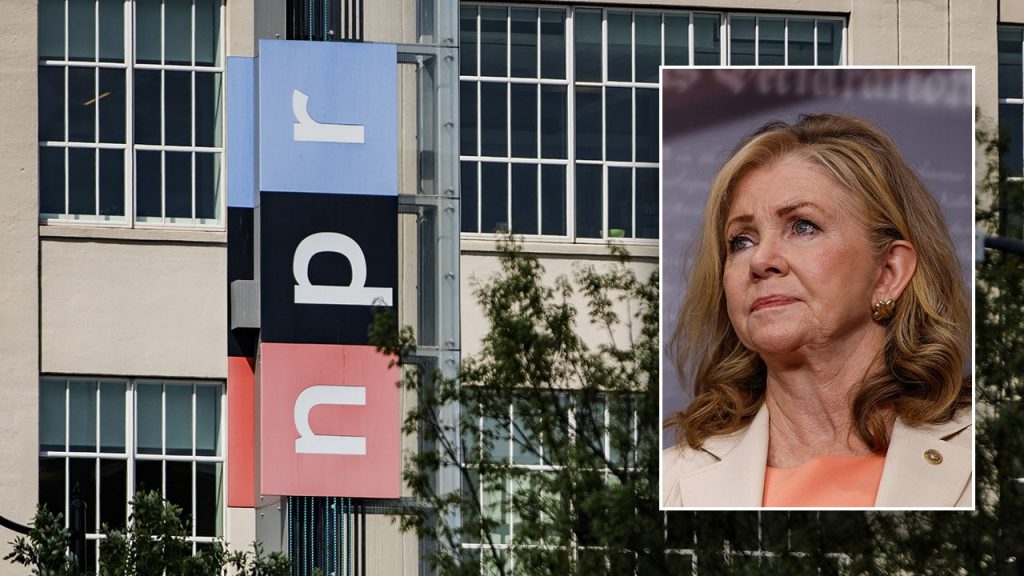Sen. Marsha Blackburn, a Republican from Tennessee, is preparing to introduce legislation that would threaten to cut federal funding to National Public Radio (NPR) after the outlet suspended an editor who exposed the organization’s left-wing bias in its newsroom. Blackburn is exploring various legislative options to prevent NPR from benefitting from public funds. Back in 2011, when she was in the House of Representatives, Blackburn attempted to sever government funding to NPR. The Corporation for Public Broadcasting (CPB), which provides funding to NPR, is fully funded by the federal government and gives grants to both NPR and the Public Broadcasting Service (PBS).
NPR veteran editor Uri Berliner was recently suspended without pay following his public criticism of the organization’s liberal bias. Berliner stated that there were “87 registered Democrats working in editorial positions” at the D.C. headquarters and zero Republicans. In his critique, he mentioned NPR’s coverage of various stories, such as allegations of collusion between Trump and Russia, Hunter Biden’s laptop, and the lab leak theory for the COVID-19 pandemic. Berliner’s concerns were not addressed by NPR leadership despite his attempts to address them within the organization before resorting to publishing an essay in the Free Press.
Republicans in both the Senate and the House are supporting measures to defund NPR. Rep. Ronny Jackson of Texas is pushing legislation to defund NPR, which he has introduced in previous Congresses as well. Rep. Andy Ogles of Tennessee also believes that Congress should exercise oversight of NPR, especially in light of recent events involving allegations of bias and subsequent suspension of a veteran editor. Other Republicans, such as Sen. Bill Cassidy of Louisiana, are exploring options to end public funding for NPR.
Blackburn and other Republicans are criticizing NPR for its perceived lack of viewpoint diversity and for acting as a propaganda machine for the Democratic Party. They argue that taxpayers should not have to fund a news outlet that does not provide a truly neutral and balanced perspective. The effort to defund NPR has gained momentum in both chambers of Congress, with lawmakers actively seeking more support for their bills from fellow legislators. While NPR did not provide a comment at the time of publication, the debate over NPR’s federal funding is ongoing and will likely continue to be a point of contention in the political arena.


